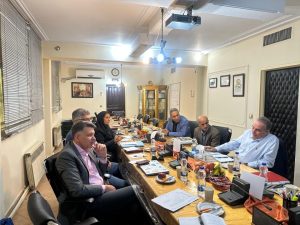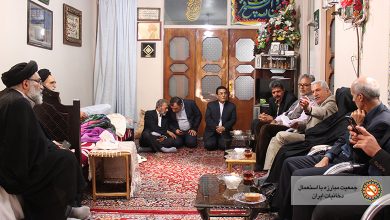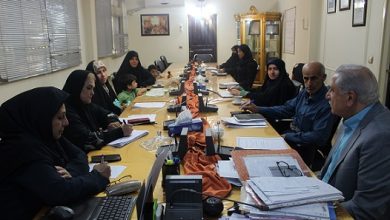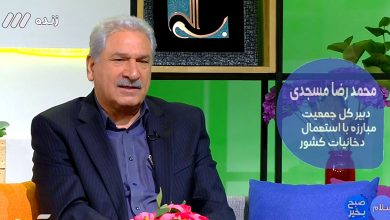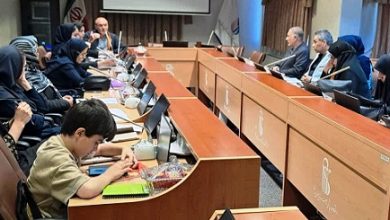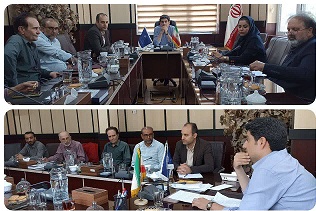Deputy Minister of Social Participation Visits “Nafas Pak” Educational Center of the Iranian Anti-Tobacco Association
Joint Meeting of the National Network for the Prevention of Non-Communicable Diseases with the Ministry of Interior’s Deputy for Social Participation
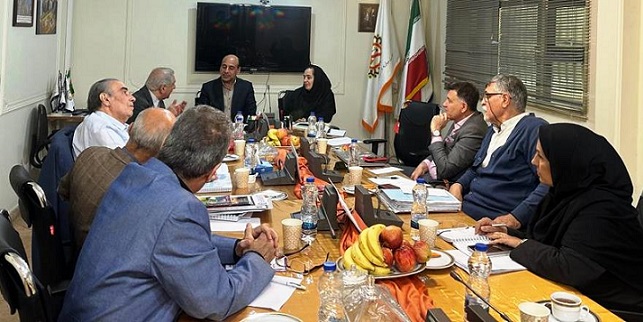
On Tuesday, October 28, 2025, Dr. Mohammad Sadegh Karimi Kia, Deputy Minister for Social Participation at the Ministry of Interior, visited the “Nafas Pak” Educational Center of the Iranian Anti-Tobacco Association during a joint consultation meeting with the National Network for the Prevention of Non-Communicable Diseases (NCDs). The visit provided him with an opportunity to observe the center’s educational, cultural, and awareness-raising activities.
According to the Public Relations Office of “Jam’iat” (Iranian Anti-Tobacco Association), during the session held with the participation of Dr. Karimi Kia, the Deputy Minister toured various sections of the Nafas Pak Center and became acquainted with its ongoing training and cultural programs.
At the beginning of the meeting, Dr. Mohammad Reza Masjedi, Director of the National Network for the Prevention of Non-Communicable Diseases and Secretary-General of the Iranian Anti-Tobacco Association, welcomed the participants and provided an overview of the network’s background and activities since its establishment.
Highlighting the high mortality rate caused by non-communicable diseases (NCDs)—particularly the five major groups including cardiovascular diseases, cancers, chronic respiratory diseases, diabetes, and mental disorders—Dr. Masjedi emphasized the importance of prioritizing prevention over treatment.
He stated:
“Tobacco use, unhealthy diet, insufficient physical activity, alcohol consumption, and air pollution are among the most significant risk factors for NCDs. By addressing and reducing these risk factors, we can substantially lower the burden of disease and mortality.”
In continuation, Dr. Amir Kamran Nikookhak, Chairman of the Board of Directors of the Network, underlined the vital role of networks in national and global health systems, noting:
“Networks can mobilize both public and organizational capacities, serving as powerful operational arms for governmental institutions.”
He further suggested that the Deputy Ministry for Social Participation make effective use of the Network’s capacities to advance shared public health objectives.
During the session, representatives from member organizations and associations of the network presented their activities, challenges, and recommendations.
At the conclusion of the meeting, Dr. Karimi Kia expressed his satisfaction with the discussions and the visit to the Nafas Pak Center, commending the efforts made in education and disease prevention. He emphasized the importance of intersectoral collaboration to promote community health and proposed several actionable strategies, including:
-
Integrating community-based initiatives of the Ministry’s Social Participation Division with the network’s educational activities,
-
Developing a national disease atlas, and
-
Including the Network as a member of the National Social Capital Working Group.
